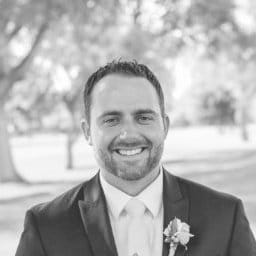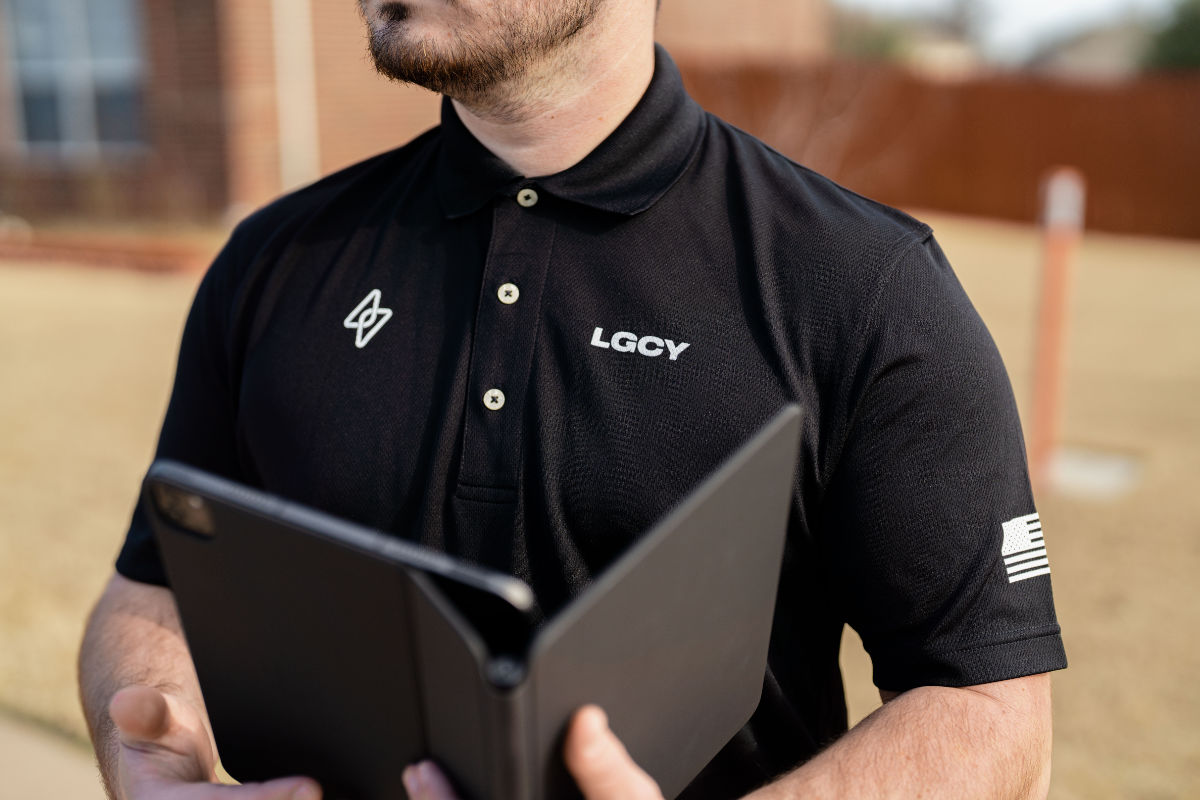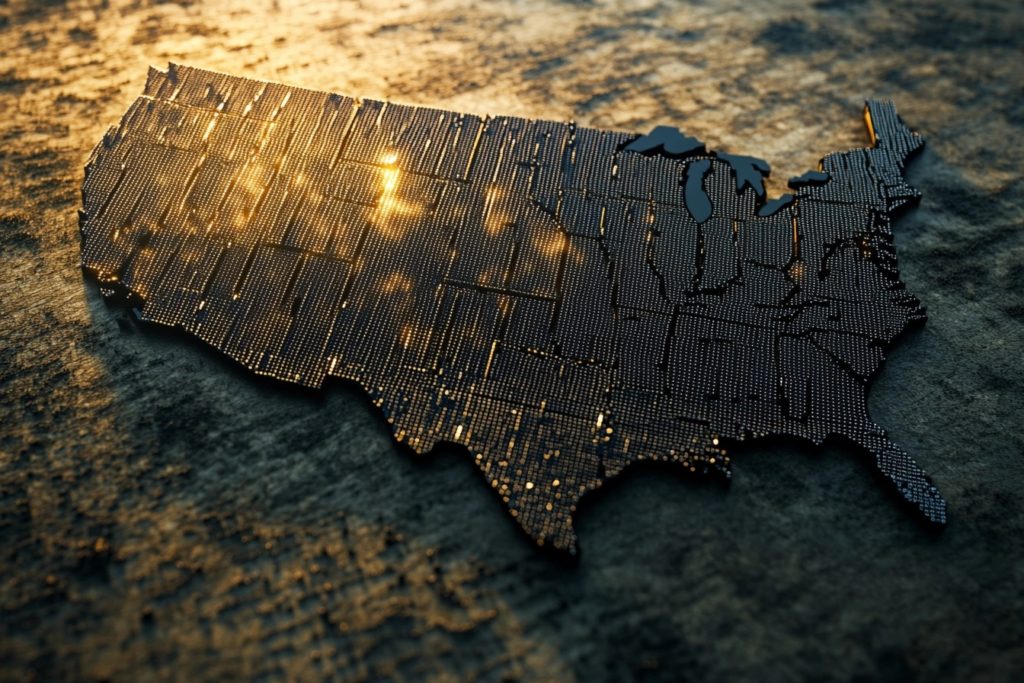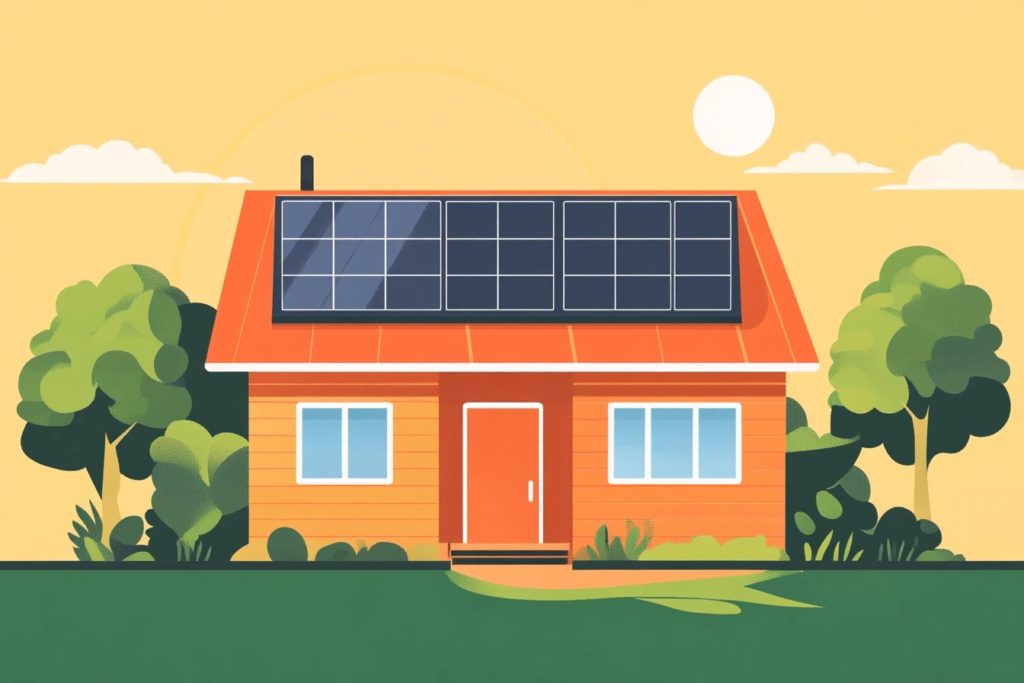Several hours away from Lima, Peru, high above the small town of Frias, lies the village of Meseta Andina, and for four days in July 2016, this is where our LGCY family lived. Under the auspices of LGCY Foundation, we were able to partner with Choice Humanitarian and spend time living and working in this village, helping to bring a healthier lifestyle to the amazing people who live there.
Twenty-seven members of LGCY Power traveled from all over the United States to join this expedition. After at least three flights, a couple taxi rides, a bus trip, and a harrowing journey via truck up into the Andes, we arrived at Meseta Andina, a collection of 22 tiny villages, made up of adobe homes and open space, nestled in the mountains. The warm welcome by the village elders helped to offset the unexpectedly cold weather, and the beautiful scenery made up for the difficulties brought on by elevation. We were allowed into homes to build ovens of brick – ending for several families the practice of cooking on open flames inside their homes, and funneling noxious smoke outside via a chimney – and onto property to plant gardens of more nutritious and various vegetables, helping to offset the primary potato crop.
The LGCY family worked hard, getting our hands literally dirty, but were rewarded in equal measure. The children of the village quickly grew comfortable with our group, playing soccer at any opportunity (one little guy earning the nickname Messi for his legitimate skill), learning to play Red Rover and Duck, Duck, Goose from Tyler, one of the expedition leaders, and watching Up in Spanish – the first movie many of them had seen. Pierce Tews, our videographer/photographer, had a devoted following, and he graciously showed each of them how to work the camera, allowing them to take photos, and showing them the results of their efforts. Many more of the kids were fascinated by the selfies they took with several of our group. I had the opportunity to meet Roselia, the teenaged daughter of the family who welcomed us into their home for their stove inauguration. She laughed at my accent, was perplexed with my multiple earrings, and ultimately took ownership of the plastic claw clips I had in my hair, for which I was rewarded with a hug. Situations got very charming when I knew enough Spanish to exchange names with three cute girls – Rosita, Aurelia, and Rosita—but then confused them when I kept telling them I didn’t speak Spanish, their insistent “si!’s” aside.
The homes were small and smoke-filled, often dark, and always with dirt floors. The family animals wandered freely through the homes, and we were as likely to see a chicken as a child inside. For those working in the gardens, tools were a treasured commodity. We used the families’ tools where we could, and when they were not available, sticks of various sizes came in handy as diggers, rakes, and tillers. The circumstances were humble, the resources meager to an American sensibility. However, for me, the most impactful realization was how happy the villagers were with so few of the material things I tend to take for granted. The village was working on a new home for someone who had recently been married. The kids went to school. The families provided for themselves: roofs, food, support. The community took care of each other, and welcomed and took care of us while we were there. It reminded me that people are just people, and we are all doing our best with what we have. It was a beautiful lesson and an amazing experience, one which I am so grateful to have had.
Perhaps even more impactful for most of us were the relationships the LGCY family formed with each other. It was much colder than expected, harder work than we knew, and conditions rougher than imagined. Dagen Olsen, on his biggest take-away, said: “I’m grateful for the adversity we faced, because it brought us together as a team; we wouldn’t have had the same experience without it.” He’s right. We learned to rely on each other quickly: for warmth, for help, for conversation. The bonds we formed are strong, and helped each us of on our path to becoming the best version of ourselves.
Thank you to the LGCY Foundation for providing the opportunity, to Choice Humanitarian for providing the means, and the LGCY family who went for the experience of a lifetime.

In this week’s blog entry, we wanted to help everyone get a little familiar with some of the amazing staff we have here at LGCY Power. In this installment of our employee spotlight, we’re proud to introduce you to Damian Peterson, the VP of Sales Operations.

Damian has been with LGCY since nearly day one. Coming on in September of 2014, he was employee #2 and has witnessed considerable amounts of growth while being with the company. He graduated from Utah State University with a major in finance and a minor in economics.
Q: What is a typical day at the office?
A: I stay busy with meetings and correlation. I am over a number of departments and stay in constant contact with various managers and department heads. I also coordinate all the sales podcasts and media, so I work very close with marketing. Between managing staff and getting the stuff done that I need to, there’s also always some big project going on. I also work close with the tech side because a lot of our competitions and projects are done by the tech team. It keeps me busy and lets me work with a lot of people, which are both things I love.
Q: What motivates you?
A: There’s a hashtag Doug Robinson [founder of LGCY Power] uses on social media a lot, and it’s #BuildingIsEnergizing. Being in the company since the ground stages, I’ve helped build a lot of things. We’ve grown exponentially since, and we’re continuing to grow and that’s what motivates me. If you look at the company now compared to what it was two years ago when I started, we’ve come a long way.
Q: What is your biggest accomplishment since working at LGCY?
A: I would say development as a person. When I came on, I’d sold door-to-door for five years. During that, I graduated in Finance with a minor in Economics. I started, and I initially was doing reporting and other finance things, and then I started to get some staff underneath me. Then I took on competitions, then events, and so on. Every time I’ve taken something on, it’s been an opportunity for me to grow and to learn to branch out. In the culture of LGCY, becoming the best version of yourself is what everyone pushes for, and LGCY has helped me get on the right path to becoming the best version of myself. We’re still a start-up, and there’s so much to do, but when you get in your hand in everything, you see so much growth.
Q: Who is your hero?
A: I’d say my mom. My family has gone through some trials recently, and she’s been a champ through the whole thing. She’s always been there for my brothers and I, as well as my sister. How she finds the time to work all the hours she works and still find time for all of us in the family is unreal. She gets a lot of stuff done, and it’s awesome.
Q: What is the last book you read?
A: Above the Line by Urban Meyer. Great book. I recommend it.
Q: What are some of your hobbies?
A: I like to go outdoors and boating. I also used to coach crossfit at a gym. My wife and I like to travel and go to concerts, but mostly it’s just going outside. I hate the wintertime. In the wintertime, I just coup myself up and work.
From serving in soup kitchens to helping strangers carry groceries inside, we have seen some amazing examples of LGCY giving back in the last few weeks.
The Long Island team has a tradition of serving in the city, led by managers Andrew Grose and Dane Vikander. Most recently, they volunteered at the soup kitchen in their area, something they have done several times before, and have given time at their local food bank as well.
 Another of our outstanding leaders, Cole Farmer, shared a Snapchat story of him spending some time helping put together food parcels for his local food bank, making sure that those less fortunate will not go hungry.
Another of our outstanding leaders, Cole Farmer, shared a Snapchat story of him spending some time helping put together food parcels for his local food bank, making sure that those less fortunate will not go hungry.
 We’ve also seen Judd Ferguson helping a stranger carry groceries into their home, and Dan Seamons helping a customer get her smartphone set up, not only with the MySunrun app, but other apps she wanted and couldn’t download herself.
We’ve also seen Judd Ferguson helping a stranger carry groceries into their home, and Dan Seamons helping a customer get her smartphone set up, not only with the MySunrun app, but other apps she wanted and couldn’t download herself.
Although these stories have been shared on various social media platforms, the activities were not done for the photo opportunity, or for recognition, or for praise. They were shared to remind all of us what these leaders already know: the value of giving back and being a daymaker.
Part of becoming the best version of yourself and building a legacy is the recognition of the abundance we have and the willingness to share it. It costs $0 to be a decent human being.






